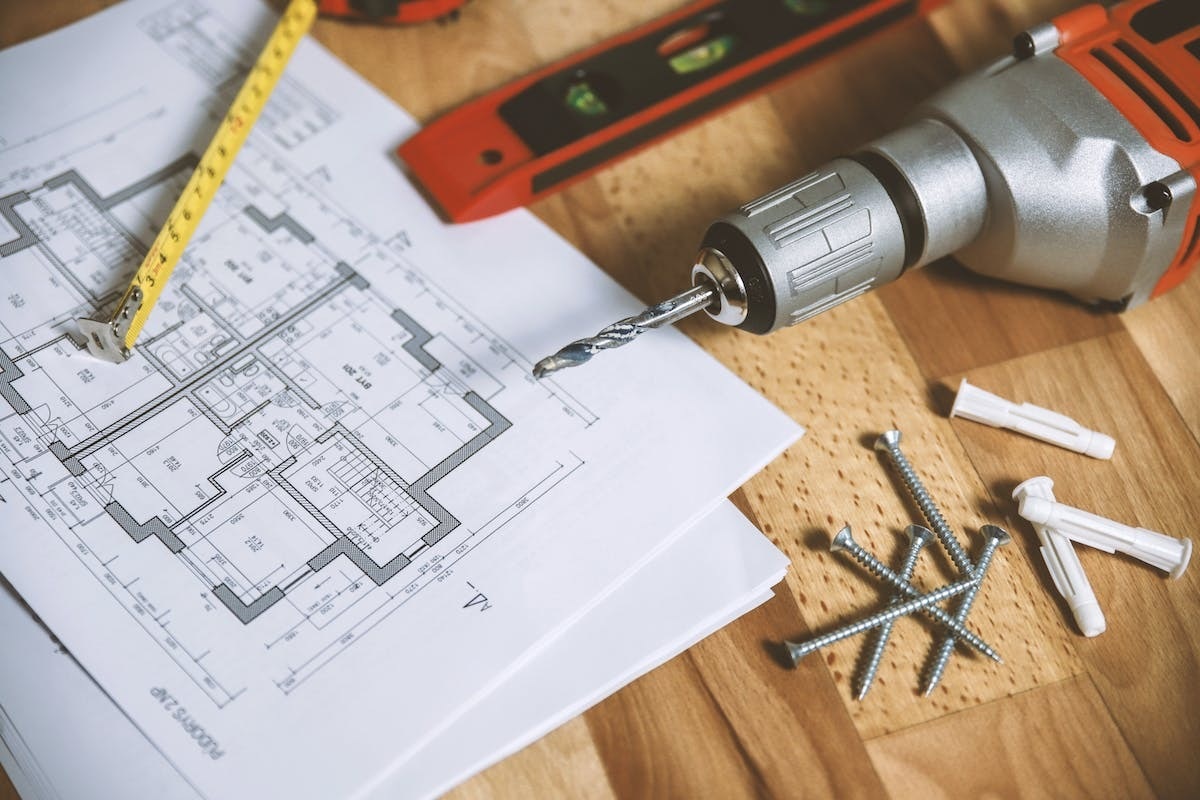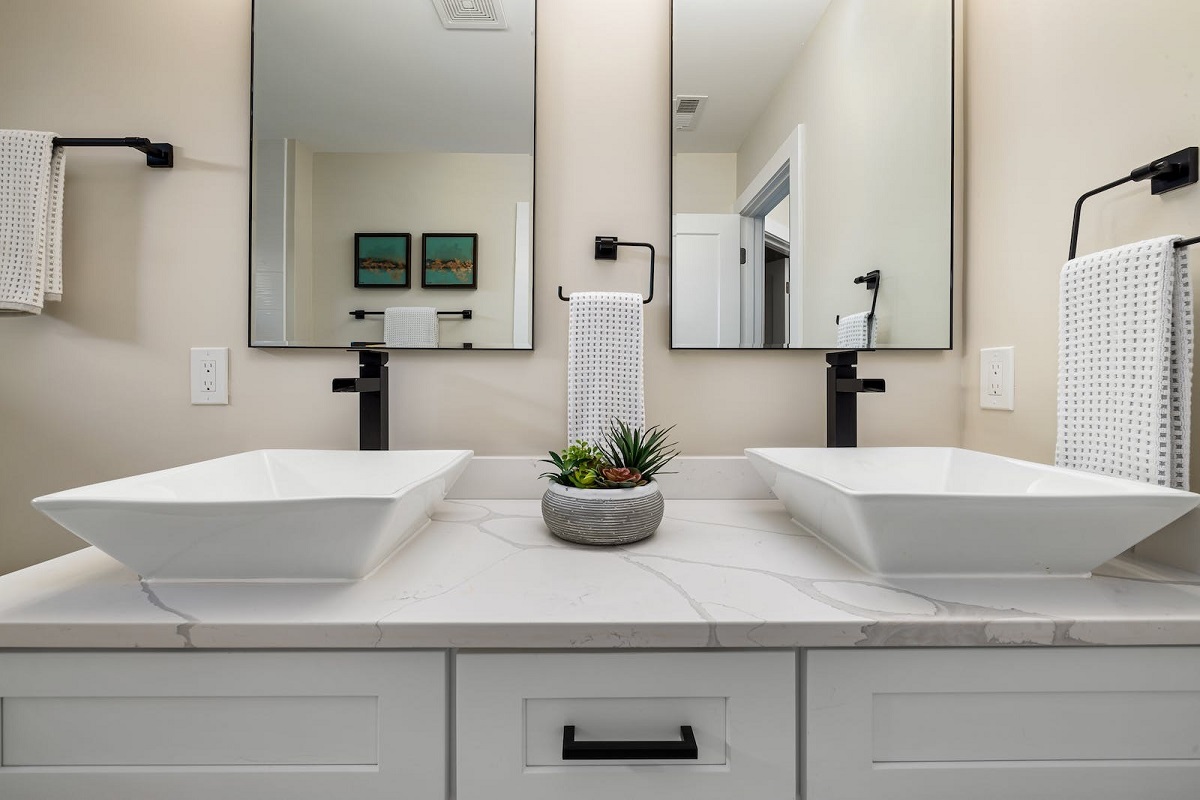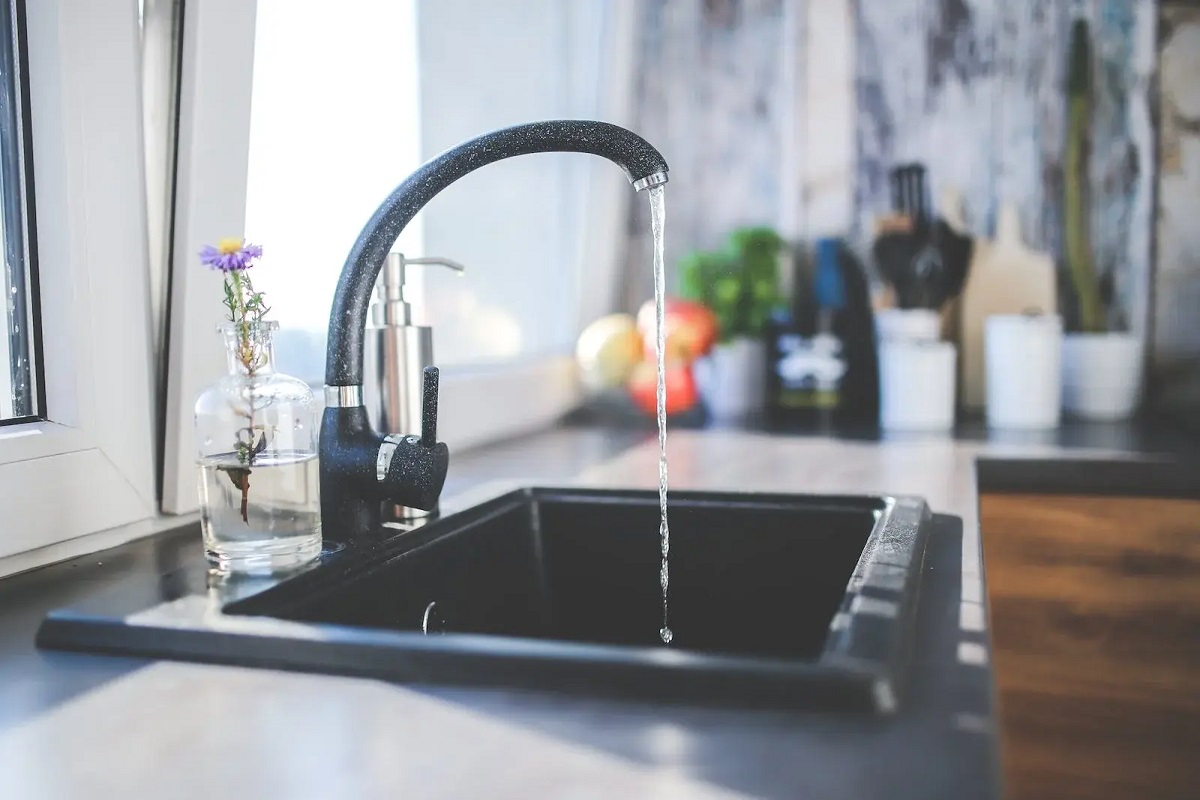
Does saving money while living an alternate lifestyle float your boat?
___
Published Date 11/7/2023
Where do you look for a budget-friendly housing option when there’s a housing shortage, homes carry the value of the blood of your firstborn, and mortgage interest rates make you want to move back in with your parents?
According to Realtor’s Lisa Marie Conklin, alternative housing - such as tiny homes, recreational vehicles, and even converted shipping containers can become an affordable path to homeownership.
But what if you could have a permanent water view without the hefty price tag? Before you cast off on your home buying journey, consider a houseboat. But first, educate yourself on this piece of floating (semi)-real estate.
Semantics tell us a lot. “If you’re new to the houseboat market, you might not realize there is a difference between houseboats and floating homes,” says Conklin. “Floating homes are placed on a permanent floating foundation, typically designed to resemble real houses, and are more spacious and expensive than houseboats. They generally range from $300,000 to over a million dollars.”
Houseboats, on the other hand, look more boatlike and have smaller living quarters — plus they are MUCH less expensive than floating houses. “You can buy a simple, used houseboat for around $60,000,” says Conklin. “The vessels are less maneuverable than regular boats, although they are designed for mobility. So, if you tire of living in one area, it’s ‘anchors-aweigh’ to another marina.”
Finding a houseboat takes a bit of expertise, so consider using a real estate agent in your quest. Some have extensive experience in houseboat buying and selling. “It can be helpful to have an agent to assist with locating live-aboard/docking slips and to help during the negotiation stage,” says Washington, D.C. agent Jheena “Jaye” Johnson. Plus, houseboat listings read a lot differently than house listings.
Seattle-based agent Melissa Ahlers agrees: “You will want to work with an agent who can help you understand what it is that you’ll truly own, such as real property, structure, or access, because it might not be straightforward in a listing.”
An agent can also recommend professional marine surveyors to conduct a pre-purchase survey (think of it as a houseboat inspection), which banks and insurance companies often require. Surveyors test the operating systems and equipment and conduct a sea trial.
The thing about buying a houseboat that you may not appreciate, however, is appreciation. “They tend to depreciate in value over time, whereas houses generally build equity,” says Conklin. “Plus, houseboats are technically considered personal property, not real estate, so landing a traditional mortgage isn’t possible for buyers.”
While financing a houseboat is a little tricky, it’s not impossible. Houseboats are financed more like an RV or motorcycle with a loan from a local bank or credit union. And in popular houseboat communities such as Seattle and Sausalito, CA, you might have more luck finding a loan with good terms and rates.
A big upside? Living aboard a houseboat can be significantly less expensive than renting an apartment or living in a house. Still, there are some monthly costs when considering your overall housing budget, most of which will go to securing your houseboat to a dock or buoy. Monthly mooring fees vary depending on whether you lease or own the boat slip.
“Typically, water, sewer, garbage, and dock maintenance will be included in either your moorage fees or HOA fees if you own the slip,” says Ahlers. “In total, expect to pay between $350 to $1,000 per month depending on the ownership or lease of the dock.”
And even though you won’t have to mow a lawn, as with a traditional home, if your heating or plumbing is on the fritz, you’ll be responsible for all maintenance and repairs.
Taxes? You don't have to pay property taxes on a houseboat. Most houseboat owners pay not a dime in property taxes, which could save you thousands every year. Because they are typically classified as vessels or boats, they are not subject to property taxes. The slip your houseboat is attached to, on the other hand, is a horse of a different color. “If you own a slip, you would need to pay property taxes on the slip as it is real property,” says houseboat expert Brandon Eshaghoff. He does note, however, that most marinas in his market around DC own the slips and rent them to the houseboat owners.
Researching further, Conklin finds that some houseboat community slips are via a co-op or condo ownership, and if so, you’ll pay homeowners association dues and personal property taxes for the houseboat and property taxes because you own the slip. “The combination of the taxes will be comparable to what you pay on land for a similarly valued house,” says Ahlers.
So what does life look like on a houseboat? Conklin recommends renting one for a week or more to experience houseboat life before you embark on this unique residency. Look to AirBnb and VRBO to float your boat for a while.
Realtor, TBWS
All information furnished has been forwarded to you and is provided by thetbwsgroup only for informational purposes. Forecasting shall be considered as events which may be expected but not guaranteed. Neither the forwarding party and/or company nor thetbwsgroup assume any responsibility to any person who relies on information or forecasting contained in this report and disclaims all liability in respect to decisions or actions, or lack thereof based on any or all of the contents of this report.
NEXA Mortgage, LLC (NMLS #1660690) 3100 W Ray Rd 201, Suite 209, Chandler, AZ 85226 (www.nmlsconsumeraccess.org); Equal Housing Opportunity


Scott Moon
Mortgage Maniac
NMLS: 1492315
NEXA Mortgage
3100 W Ray Rd 201 Suite 209, Chandler AZ 85226
Company NMLS: #1660690
Office: 202-352-5625
Cell: 202-352-5625
Email: smoon@nexamortgage.com

Scott Moon
___
Mortgage Maniac
NMLS: 1492315
Cell: 202-352-5625
Last articles
___
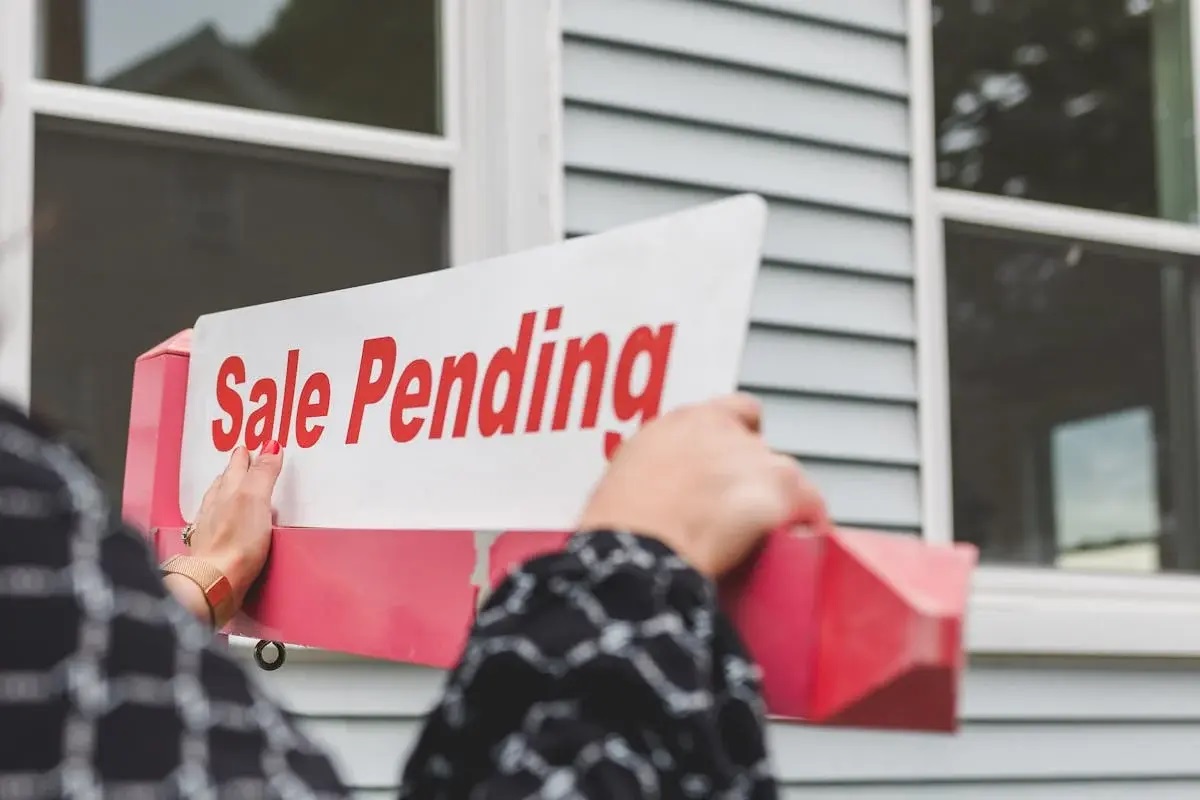
Never underestimate the value of professional real estate agent representation
4/22/2024
Click the link; buy a sofa. Click on another; buy a pergola for your backyard...... view more

Three things that could impact rates this week
4/22/2024
These are the three areas that have the greatest ability to impact rates this we... view more

House flipping: Monkey dust or profits in 2023?
3/28/2024
They say what goes up must come down. Buying, rehabbing, and reselling homes for... view more

Markets start the day with little volatility
3/13/2024
Yesterday in reaction to the slightly higher inflation reported on the February ... view more
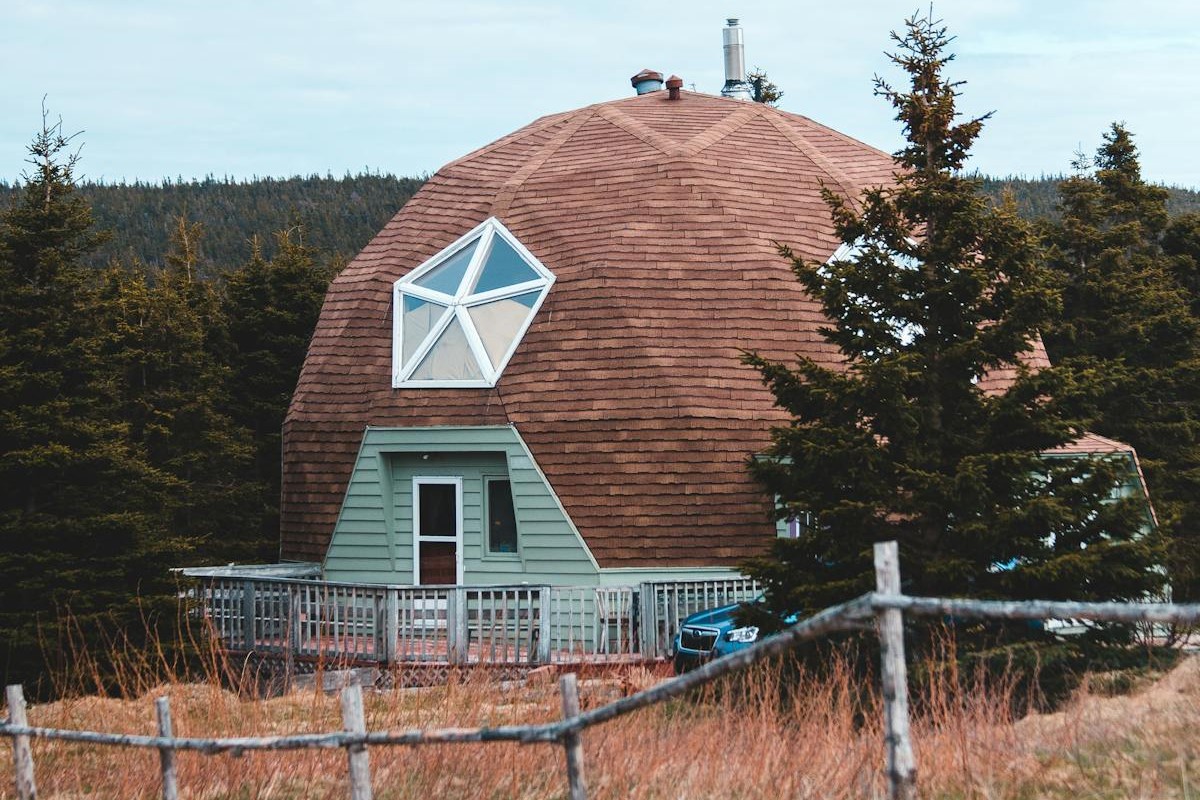
Realtors and lenders offer insight into the purchase of a ‘unique’ home
3/12/2024
That geodesic dome you see along the edge of the freeway or the house shaped lik... view more
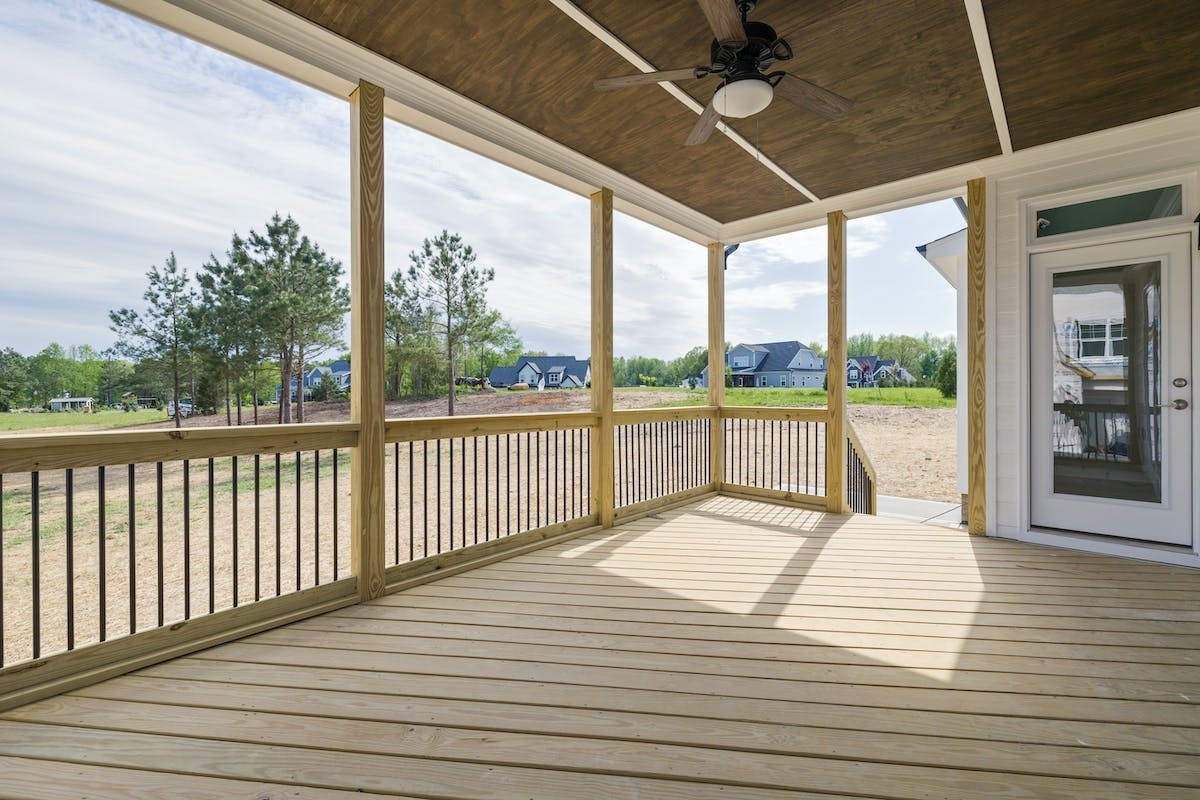
Builders ask: “Tell us what you want — what you really-really want’
3/7/2024
It’s obvious that when homebuyers prefer to buy in a well-established neighborho... view more

Springtime 2024 is arriving early in some U.S. housing markets
3/4/2024
Ever heard that joke about how you can buy a 5-course steak dinner in Podunk for... view more

Fear as well as potential silver linings abound in 2024
2/26/2024
The “r” word is still being bandied about despite the Federal Reserve having att... view more
Load more
 NEXA Mortgage
NEXA Mortgage







